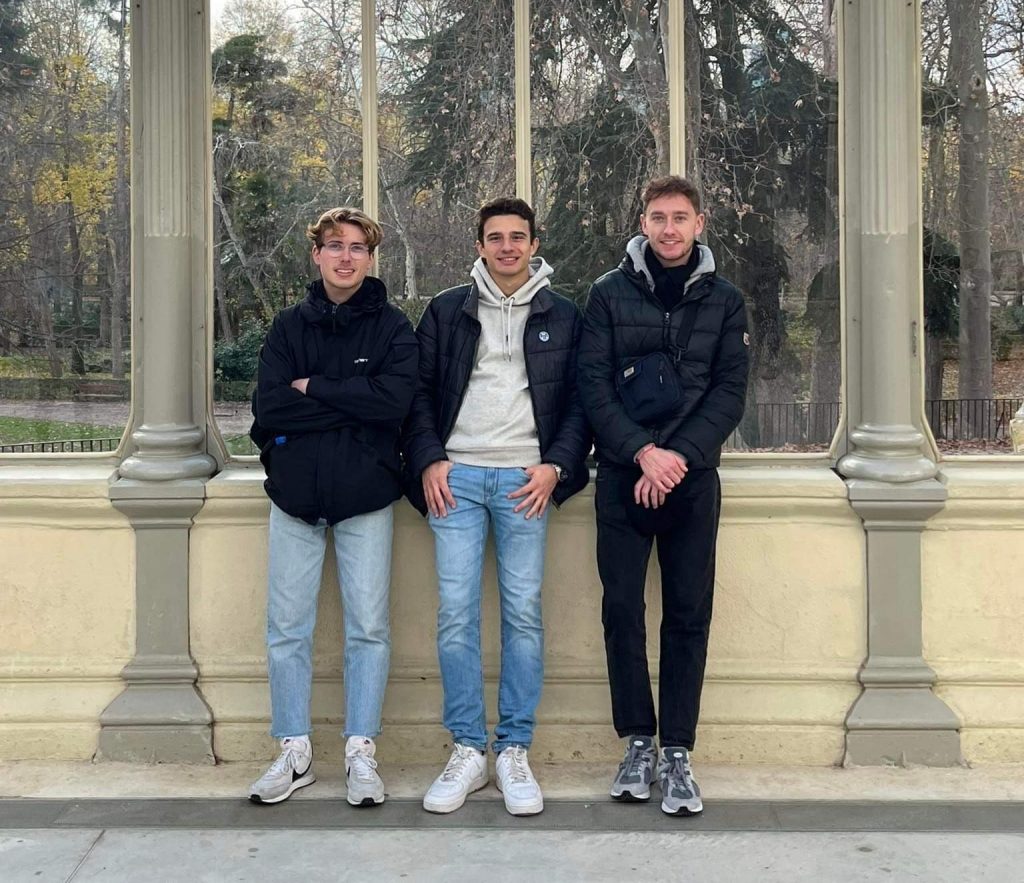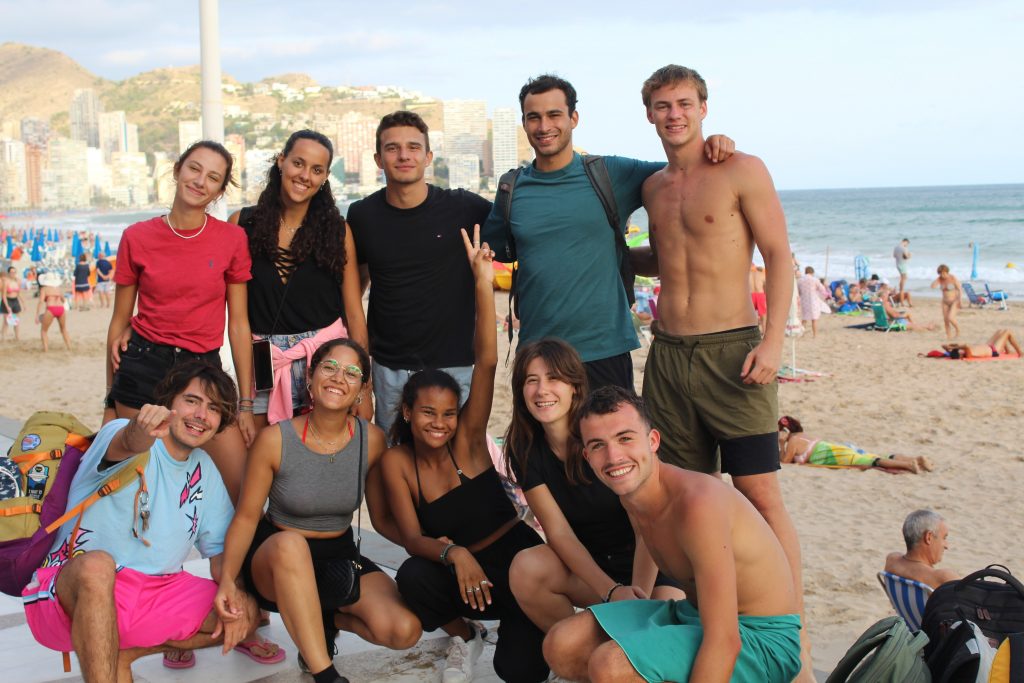Riccardo Rizzo – Universitat Politècnica de València, Spagna
What differences did you notice between the educational system of the host university and that of your home institution?
The main differences I observed compared to Politecnico di Milano concern the number of students per course, the teaching methods, and the assessment criteria. In particular, all the classes I attended were deliberately limited to a maximum of 20–30 students, which fostered direct and continuous interaction with the teaching staff. This approach entailed, on the one hand, compulsory class attendance and, on the other, a more personalized evaluation by the professors, with whom daily interaction was the norm. Moreover, in many courses, the final grade was primarily based on frequent short monthly tests, which were easily manageable by keeping up with the lectures.
Another difference I noticed was the constant presence, in almost all courses, of laboratory activities that helped consolidate the theory learned from time to time and stimulated theoretical learning for practical application. Finally, I observed that all laboratories and project work were very often carried out during academic hours, so as not to place an excessive burden on individual study outside the university.
How did the mobility experience contribute to broadening your technical and/or practical skills in the field of automation and control? Did you have access to particularly relevant laboratories, projects, or technologies?
The experience abroad allowed me to significantly expand my practical skills and further stimulated my interest in automation and control topics. In particular, I attended a course on the control of electrical machines that took place entirely in a laboratory setting, where we had access to frequency converters and various types of electrical machines on which we could regularly perform practical tests. I also took a course in industrial automation in which the final assessment required the development of a project using the software and toolboxes learned during the lectures. I greatly appreciated this course because it gave me the opportunity to develop a personal idea and concretely apply the skills I had acquired. Finally, I also took a robotics course that, in parallel with theoretical lectures, included the construction and programming, using Arduino, of a small robotic arm, which once again allowed me to put into practice the skills learned throughout the course.
Did you have the opportunity to work on international projects, in multicultural teams, or with professors/researchers of other nationalities? If so, what did you learn from these interactions, including in terms of soft skills?
I did not work on international projects, but I did have the opportunity to work on several university projects in multicultural teams. The numerous laboratory activities and group work required by most courses gave me the chance to collaborate with international students from academic and cultural backgrounds different from my own. This allowed me to engage with diverse approaches and working methods, thus enriching my skills and my ability to collaborate in a multicultural context.
From a personal point of view, what were the main challenges you faced during your time abroad, and how do you think they influenced your academic and personal growth?
Before leaving for Erasmus, I had chosen a study plan consisting solely of courses taught in English. However, upon arrival and just a few days before the start of classes, I was informed that all the courses I had chosen had already reached the maximum number of participants. For this reason, I had to completely revise my study plan and enroll in courses taught in Spanish, also missing the first days of classes while trying to determine which courses to follow. In the end, the real challenge was not so much the language, but rather having to reorganize everything in a short period of time. In fact, contrary to my expectations, since the class sizes were small and the professors always proved very willing to provide additional explanations or extra materials—especially to international students—studying in Spanish did not turn out to be particularly difficult. Overall, the Erasmus experience helped me become more independent, manage difficulties more effectively, and adapt quickly to new situations. It also allowed me to experience a new international working environment, strengthening not only my academic skills, but also my personal ones.
Would you recommend this experience to other students of Automation and Control Engineering? What aspects do you consider most relevant before undertaking an international mobility programme?
Erasmus is an experience that everyone should undertake at least once. It is a unique opportunity to immerse oneself, even if only for a limited period, in a new and different environment. It allows you to take time for yourself, discover new realities, and experience substantial personal growth. Not everything will necessarily go as expected, but you will certainly return with greater self-confidence, more awareness, and enriched by a cultural background that only such an experience can offer. I strongly recommend Erasmus to all students, as it offers the possibility to learn a great deal, both academically and personally. In fact, even outside of the classroom, you have the chance to meet many new people, both local and international, from all over the world, united by the same desire and curiosity to discover new cultures, with whom you can form unique and lasting friendships. In conclusion, I believe that the most important aspect to consider before embarking on an experience abroad is the willingness to challenge yourself and the right motivation—everything else will follow.

